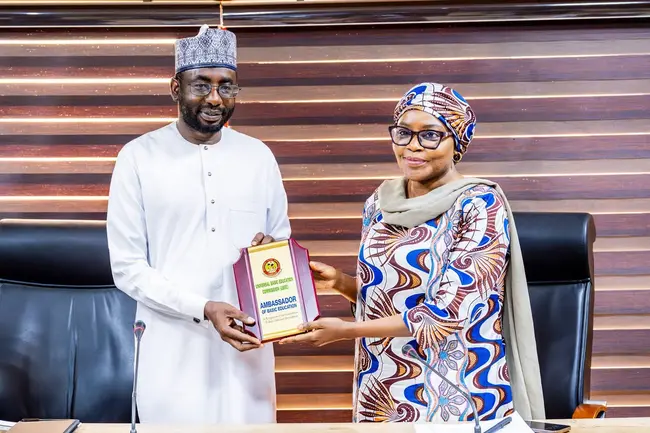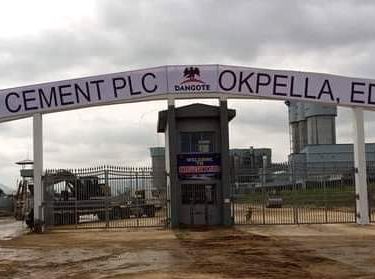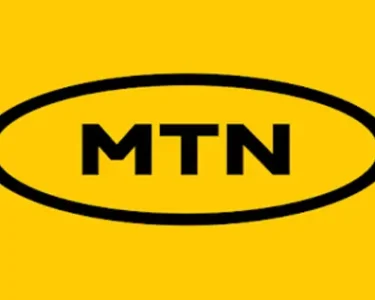The Nigerian Government has reassured unwavering commitment to achieving 95% digital literacy across Nigeria by the year 2030, with an ambitious milestone of 70% by 2027.
Nigeria’s digital literacy rate currently stands at 50%, up from 44% in 2021, based on extrapolations from the World Bank’s Better Life Report.
Details about the Government’s digital literacy status as well as strides at reducing were disclosed by the Director General of the National Information Technology Development Agency (NITDA), Kashifu Inuwa during a collaborative meeting hosted by the Universal Basic Education Commission (UBEC).
Inuwa stated that the government’s strategic prioritisation of human capital development as central to its national transformation agenda.
He noted that NITDA is committed to investing in the digital empowerment of citizens through the development of the National Digital Literacy Framework (NDLF), a strategic blueprint aligned with international best practices.
According to him, six core competency areas were incorporated into Nigeria’s specific needs framework: device and software operations, information and data literacy, communication and collaboration, content creation, safety, and problem solving.
He explained that the framework would address all levels of digital fluency, from basic, intermediate to advanced levels, to make digital skills accessible to every Nigerian, from primary school pupils to working professionals.
The NITDA DG disclosed that the agency has been working closely with the Nigerian Educational Research and Development Council (NERDC) in developing a curriculum for digital literacy, which can be infused into formal education.
Inuwa also revealed ongoing collaborations with global platforms such as Coursera to train teachers using AI-powered lesson generation tools and provide scalable online training.
“This is not a journey we can walk alone; we must bring everyone on board, education stakeholders, technology providers, state governments, and international partners”, he said.
UBEC Executive Secretary, Aisha Garba, in her remarks disclosed that the Commission has officially received the digital literacy curriculum developed by NITDA and NERDC and has commenced internal review processes.
She acknowledged the curriculum as robust and forward-looking but stressed the need for simplification to suit early learners and teachers, citing challenges such as curriculum overload, limited teacher capacity, and inadequate infrastructure as key barriers to effective implementation.
She pledged that UBEC, in partnership with the State Universal Basic Education Board (SUBEB), will lead efforts to equip schools with computers and solar-powered infrastructure to support real learning.
“We’re committed to working with NITDA and NERDC to refine the curriculum, train teachers, and ensure effective delivery. Let us align the technical vision with grassroots realities to make a lasting impact,” she stated.
To formalise the implementation of the meeting’s resolutions, a joint inter-agency committee was established to develop strategic plans that will ensure the effective rollout of the digital literacy initiative, to equip young Nigerians with the essential digital skills required to thrive in an increasingly dynamic and technology-driven global landscape.
The visit is a continuation of NITDA’s ongoing engagements with key education stakeholders, including the Federal Ministry of Education, the National Universities Commission (NUC), and the Nigerian Educational Research and Development Council (NERDC), all aimed at advancing digital literacy across all levels of learning.




